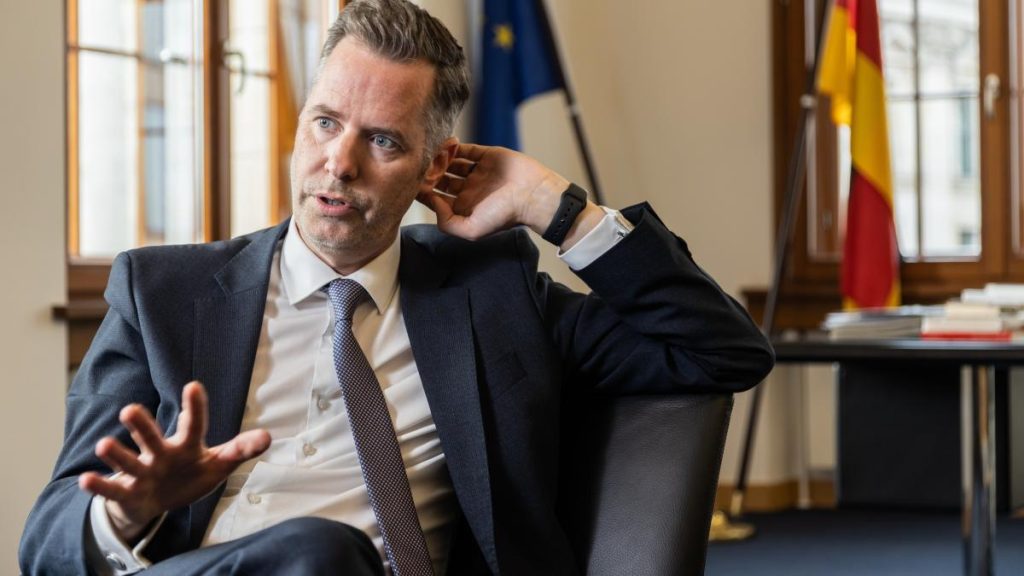Christian Dürr, the chairman of the FDP parliamentary group in the Bundestag since December 2021, criticized the lack of competitiveness in Germany as a result of the poor economic policies of the CDU and CSU over the past decade and a half. He highlighted the need for structural reforms to address the country’s economic challenges. The FDP has taken initial steps towards this, including income tax cuts totalling over 50 billion euros, the Growth Opportunities Act, and reducing bureaucracy. Dürr emphasized the need for a real economic turnaround to address the issues.
The FDP’s vision for a true economic transformation in Germany involves reducing income taxes, increasing investment capabilities, and making the country a more attractive location for both public and private investments. Dürr stressed the importance of simplifying and accelerating the investment process in Germany as part of this economic transformation. He also highlighted the need for strategic public investments to boost the economy and address structural deficiencies in the country’s economic landscape.
Regarding the financial implications of the proposed economic reforms, Dürr emphasized the importance of not relying on subsidies or unsustainable spending measures to stimulate the economy. He proposed focusing on structural reforms, such as reducing bureaucracy, as a cost-effective way to drive economic growth. Dürr also called for efficiency improvements in government spending to ensure financial sustainability and support the economic turnaround.
In response to questions about potential conflicts within the coalition government, Dürr defended the FDP’s stance on ensuring that the right decisions are made to address key issues like pension reform. He highlighted the importance of introducing long-term reforms, such as introducing funded pensions, to ensure the sustainability of the pension system. Dürr proposed flexible retirement options to accommodate different life trajectories and promote longer working lives.
Dürr emphasized the connections between economic strength, defense capabilities, and financial discipline in the government’s budget planning. He advocated for a disciplined approach to spending to maintain fiscal sustainability, reduce debt levels, and create space for increased defense spending in the future. Dürr also discussed the need for efficient defense investments and the importance of meeting NATO targets while maximizing the effectiveness of defense spending.
In conclusion, Dürr underscored the FDP’s commitment to sound economic policies, efficient government spending, and strategic investments to drive Germany’s economic transformation and enhance its defense capabilities. He stressed the importance of looking ahead and adopting innovative solutions to address complex challenges, such as pension reform and defense funding. Dürr’s vision for a strong and prosperous Germany rests on financial stability, economic growth, and strategic investments to secure the country’s future.


